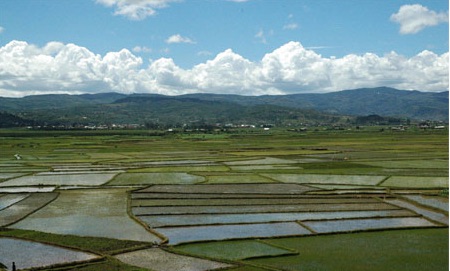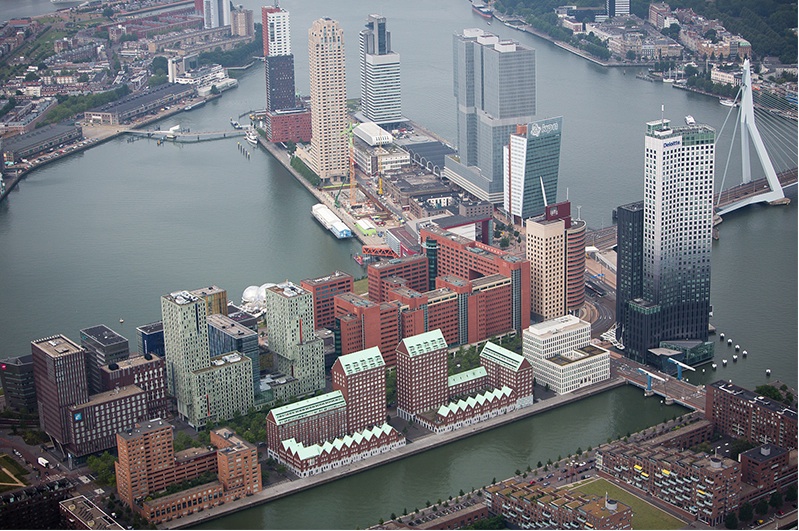
At the Paris climate negotiations, authorities are starting to pay attention to agriculture as a way to mitigate greenhouse gas emissions. Food production accounts for about one-third of all emissions, yet prior climate conferences have focused almost exclusively on energy production systems such power plants. FERN correspondent Daniel Grossman interviewed Hans Herren, who co-chaired the UN's International Assessment of Agricultural Knowledge, Science and Technology for Development (nicknamed the IPCC report for agriculture) in 2008, about agro-ecology as a climate mitigator. Herren is president Millennium Institute in Washington and was the recipient of the World Food Prize in 1995.
Why did you feel it's important to be here?
I'm convinced, like many others, that agriculture is going to save this planet because agriculture can actually take down part of the carbon that we have put up in the atmosphere. .
What we want is a system which is localized where farmers are in control, where we don't need those inputs which produce extra CO2 in their production, fertilizer in particular. We don't want an agriculture which is industrial, which has replaced people with machines. We replaced people with fossil fuel which is what produces CO2.
What's that going to involve?
We're using nature's characteristics to deal with our problems; water, nutrients, pests. You would have crop rotation, but not like corn, maize, corn, maize, etc. You would have corn, maize and maybe grassland for two years. Grasses have very deep roots, two meters or more, which then would actually fix carbon and put it down very deep where it stays. And we'd grow not only just corn and soybeans, but we also a number of other crops; legumes, root crops in our rotation.
We want cropping systems where the soil is always covered. We shouldn't see plowed fields anymore. When you plow, you turn around the topsoil, soil organisms get exposed to the air so they die. You destroy the life in the soil.
We need good seed varieties, but that has to come from the diversity of the farmer's seeds because they're locally adapted. You cannot have one variety which is good for everywhere—that's the Monsanto dream because then they can make one variety and sell it all over the world.
We need to come to our senses. We've gone larger and larger in scale and that eventually has a cost in terms of the environment and for crops. Look at the animals, the animal factories; this is an enormous burden on the environment. We need to get animals out of the factories and back onto farms. They need to go and graze. That's what they're meant for. Their manure goes back to the land.
Can you feed the number of people that need to be fed with agro-ecology?
There is evidence from a lot of research that this is the way to go and that we can produce enough food. The excuse is always that we need industrial, large scale agriculture to produce enough food in a world where we already produce twice as much as we need. That's the wrong direction. Because for every calorie of food we produce, we burn ten in oil. In organic or agro-ecological practices, we add only one calorie and produce three or more. Agro-ecology does not contribute to climate change. It's helping it disappear. We can feed people, but I prefer to nourish, because we are talking here about nutrition, not only just starch, we are talking about good nutrition.
Are these ideas getting attention at the climate conference?
I think that this meeting is actually starting to push in that direction and make some headway. The words "Agro-ecology" and "agriculture" are moving into the discussion, because we're realizing that we cannot solve our problem without agriculture being the main savior. I can see a change happening. The trick now is to maintain it.







